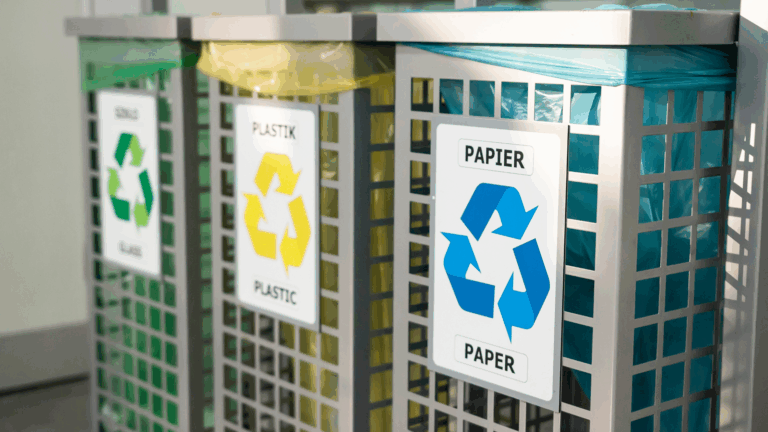
We’ve come a long way when it comes to our water supply, but the journey is far from over
Water is always shifting and changing, and so is the water industry. Regardless of time and place, water has always been essential to our survival and growth. But how we use and access water has changed greatly over time.
The history of our water supply is closely linked to that of our economic and industrial growth. Understanding this history is not just about appreciating the past, it’s about gaining insights that can shape future business strategies in an era where water efficiency and sustainability are more than just buzzwords.
Let’s take a closer look at some of the key milestones in our water supply history, shedding light on lessons that businesses can leverage today.
Early innovations (pre-19th century)
Before the 19th century, the UK’s water supply was primarily localised, with households relying on wells, local streams, and rainwater harvesting. However, with the onset of the Industrial Revolution and urbanisation, these methods quickly became inadequate. The growing urban populations in cities like London faced significant water scarcity and quality issues, leading to the spread of diseases such as cholera.
The response to this crisis was the first wave of innovation. Notably, in 1613, the New River was constructed to bring clean water from Hertfordshire to London, marking one of the earliest examples of engineering solutions to water supply issues. These early efforts laid the groundwork for more structured water supply systems.

The Victorian era and the birth of modern water supply (19th century)
The Victorian era marked a turning point in the UK’s water supply history. Faced with public health crises, notably the cholera outbreaks, and driven by the Great Stink of 1858, the government realised the critical need for a robust public water supply and sanitation system.
Engineers like Joseph Bazalgette pioneered major advancements, including the construction of extensive sewer networks and water treatment facilities. By the late 19th century, most urban areas had access to clean water, a monumental achievement of the time.
The 20th century: regulation and privatisation
The 20th century was characterised by significant changes in the management and regulation of water supply. The Water Act of 1945 was a landmark, leading to the nationalisation of water services and the establishment of regional water authorities. This period saw massive investments in infrastructure, improving water quality and supply reliability.
However, the most transformative change came in 1989 with the privatisation of water services. This move, aimed at increasing efficiency and attracting investment, reshaped the water industry’s landscape. Privatisation led to significant capital inflow, resulting in improved infrastructure and services. Today, businesses in the UK benefit from one of the most advanced and reliable water supply systems globally, a testament to the success of these reforms.

The 21st century: sustainability and innovation
In the 21st century, the focus has shifted towards sustainability and innovation. With climate change and population growth posing new challenges, the UK’s water industry is at the forefront of adopting sustainable practices. Initiatives like the Water Framework Directive (2000) and the establishment of the Environment Agency have been crucial in promoting sustainable water use and management.
Businesses today are not just passive consumers of water services; they are active participants in it. Innovations in water recycling, rainwater harvesting, and water-efficient technologies are becoming integral to business operations, driven by both regulatory pressures and a growing recognition of water’s value.
The history of water supply in the UK offers invaluable lessons for businesses. It highlights the importance of innovation and adaptability in the face of challenges. Our current emphasis on sustainability and efficiency reflects a broader shift in business practices. Water is no longer seen just as a utility but as a critical resource that requires careful management.

Contact Everflow today!
At Everflow, our goal is to make your utilities simpler. We ensure you get great-value contracts that are tailored to your needs and easy to manage.


